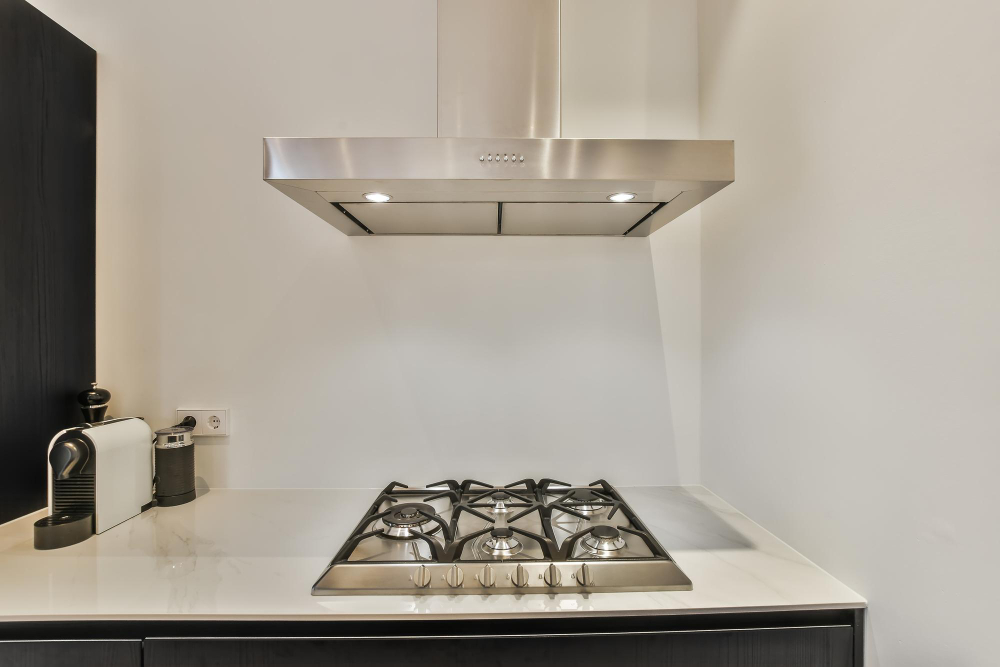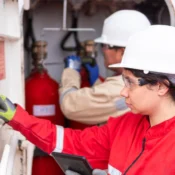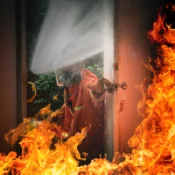Kitchen Hood Suppression System in Qatar

A Kitchen Hood Suppression System in Qatar is an essential requirement for modern kitchens, whether in restaurants, hotels, catering facilities, or premium villas. These systems are designed not only to remove smoke, grease, and odors but also to reduce fire risks and ensure smooth compliance with Qatar Civil Defense standards. With the Gulf’s demanding climate and heavy cooking environments, having a reliable hood suppression system means cleaner air, improved comfort for staff, and safer operations.
The Defender Kitchen Hood System by FilcomFire is specifically engineered for kitchens in Qatar. Built with stainless steel for strength and hygiene, these systems provide high-efficiency airflow, multi-stage filtration, and low-noise performance. More importantly, they integrate advanced fire suppression options, including dampers, detectors, and wet-chemical systems, offering complete protection against grease-related fires.
Why Kitchens in Qatar Need a Hood Suppression System
- Removes heat, smoke, grease, and odors to maintain air quality.
- Reduces the risk of fires caused by grease-laden vapors.
- Improves kitchen comfort and supports equipment longevity.
- Ensures compliance with Qatar Civil Defense and AHJ (Authority Having Jurisdiction).
- Helps businesses pass inspections smoothly and maintain insurance requirements.
Types of Kitchen Hood Suppression Systems
Different kitchens require different types of systems depending on cooking style and equipment:
- Type I Hoods – Designed for appliances that produce smoke and grease, such as fryers, grills, ovens, and tandoors.
- Type II Hoods – Suitable for appliances that generate heat and steam but no grease, like dishwashers.
- Make-Up Air Systems – Replace extracted air to stabilize indoor pressure and maintain comfort.
- Ecology Units – Provide advanced filtration and odor control, ideal for urban or indoor kitchen spaces.
In Qatar, meeting fire safety standards is crucial for approvals and insurance coverage. Kitchen hood suppression systems must be installed with fire-rated ducts, proper clearances from combustible materials, and accessible cleanouts for maintenance. Automatic fire suppression systems are mandatory for commercial cooking lines, while regular inspections and documented cleaning logs are required to remain compliant. Defender systems are designed with these requirements in mind, making civil defense approval easier and faster.
Benefits of Choosing Defender Kitchen Hood Qatar
- Cleaner kitchens with improved indoor air quality.
- Reduced grease buildup, making maintenance easier.
- Lower fire risk and enhanced safety for staff and equipment.
- Customized design to fit kitchen layouts and workflow.
- Optimized solutions for Qatar’s climate and building standards.
Installation and Maintenance Best Practices
For long-term performance, installation must be carried out with proper planning and regular servicing. Key practices include:
- Conducting a detailed site survey and CAD-based coordination.
- Ensuring hoods extend 150–300mm beyond appliance edges.
- Using short, straight duct runs with minimal bends.
- Positioning grease-rated fans for easier service access.
- Cleaning filters regularly and inspecting ducts on schedule.
- Maintaining inspection logs for compliance and insurance.
Why FilcomFire?
FilcomFire offers complete end-to-end services, including design, supply, installation, testing, and certification of Defender Kitchen Hood Suppression Systems in Qatar. With expertise in fire safety and civil defense approvals, we ensure smooth project delivery and ongoing maintenance support. Choosing FilcomFire means investing in safety, performance, and peace of mind.
Frequently Asked Questions (FAQs)
1. What is a kitchen hood suppression system?
It is a ventilation and fire protection system designed to remove smoke, grease, heat, and odors from kitchens while also controlling and suppressing potential fires.
2. Is a kitchen hood suppression system required in Qatar?
Yes. For commercial kitchens, Qatar Civil Defense requires approved hood suppression systems to ensure safety and compliance.
3. How often should kitchen hood systems be cleaned?
Filters should be cleaned regularly (weekly or bi-weekly depending on usage), and ducts should be inspected and serviced every 3–6 months.
4. What is the difference between Type I and Type II hoods?
Type I hoods are used for appliances that produce grease and smoke, such as fryers and grills. Type II hoods are for heat and steam only, such as dishwashers.
5. Why choose FilcomFire for kitchen hood systems in Qatar?
FilcomFire provides complete services from design and installation to testing, certification, and maintenance, ensuring compliance with local codes and long-term reliability.



